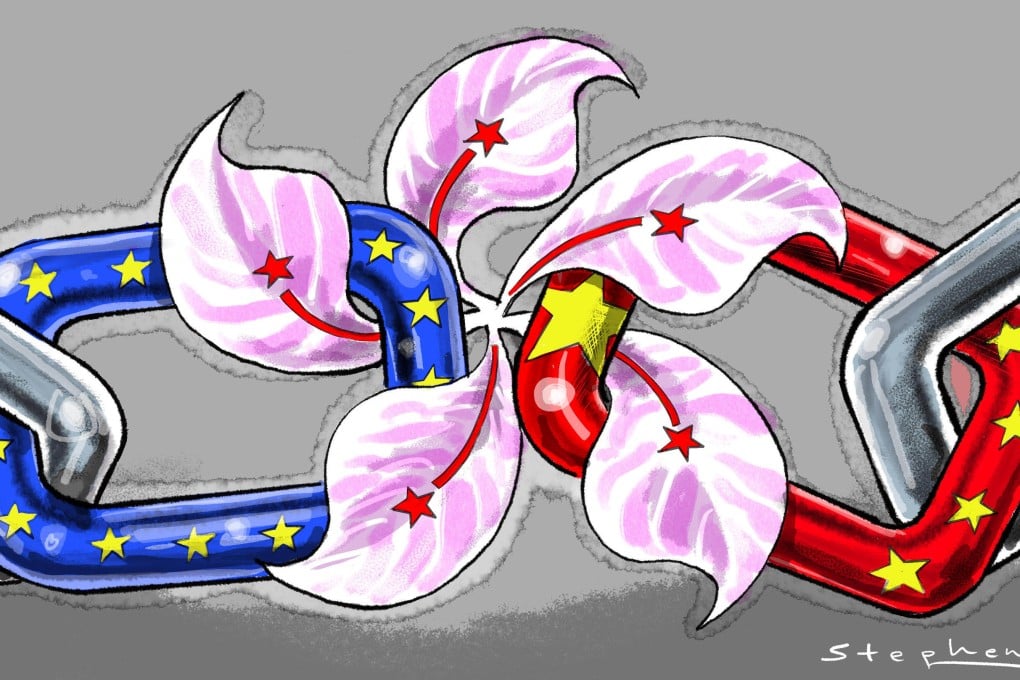Advertisement
Opinion | If the EU adopts a ‘US plus one’ strategy, Hong Kong has a role to play
Hong Kong can lean into its role as a superconnector and help boost cooperation between European countries and China
Reading Time:3 minutes
Why you can trust SCMP
0

The past years of Sino-European relations have been dominated by turmoil and calls to de-risk and even decouple. But the times are a-changing. Since US President Donald Trump began instigating a global trade war, now in full effect after his “Liberation Day” sweeping tariffs, the level of engagement between Europe and China has only increased.
Evidence of that lies in a softening tone towards China from notorious China hawks like European Commission President Ursula von der Leyen and a stream of European diplomats and officials visiting Beijing as well as recent meetings between President Xi Jinping and the CEOs of top European companies like ThyssenKrupp, BMW and Ikea.
In people-to-people relations, we have also experienced a shifting mindset, with interest in China skyrocketing. A diverse range of people in diplomacy, business, academia, art and other professions are reaching out to us to understand life in Hong Kong, as a gateway between the world and mainland China. Can increased European engagement with China offer a contingency plan for an increasingly adversarial transatlantic relationship?
Taking a step back, most economists – perhaps apart from those working in the Trump administration – will tell you that tariffs are basically a sales tax on local consumers. They will also tell you that tariffs can spark further inflation. Yet, it is clear that the Trump administration has decided to launch tariffs the likes of which the world has not seen for a very long time.
While some argue that these tariffs are nothing more than a strategic ploy, aimed at pushing countries to the negotiating table to get the best deal and potentially create a “Mar-a-Lago Accord” to devalue the US dollar, the short-, medium- and long-term effects of such trade policy by the US will certainly be felt across the world.
The reciprocal tariffs also go against the idea of comparative advantage in trade between countries – known to economists since David Ricardo helped popularise the term in 1817. It seems we live in an era where political strategy eats economics for breakfast.
Advertisement
